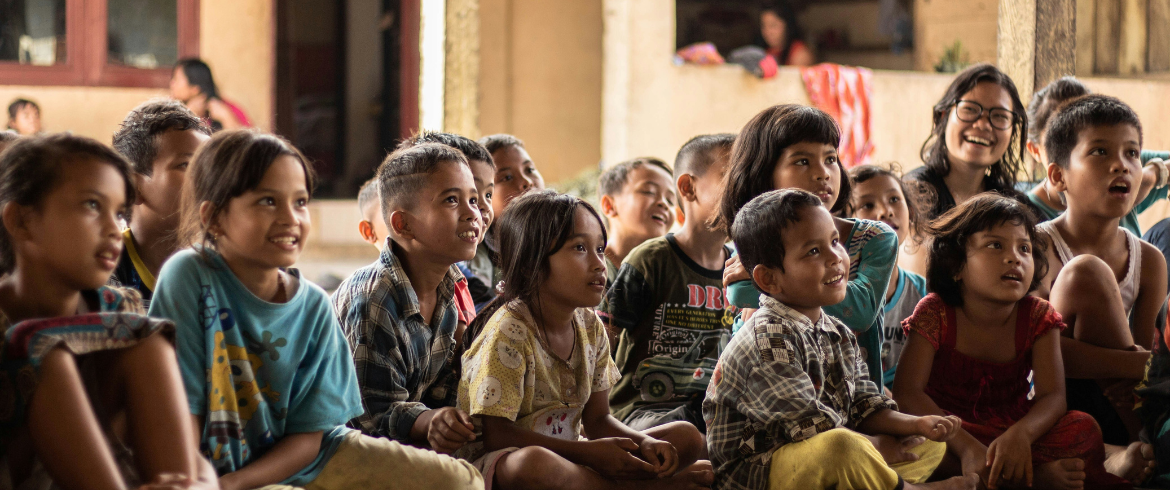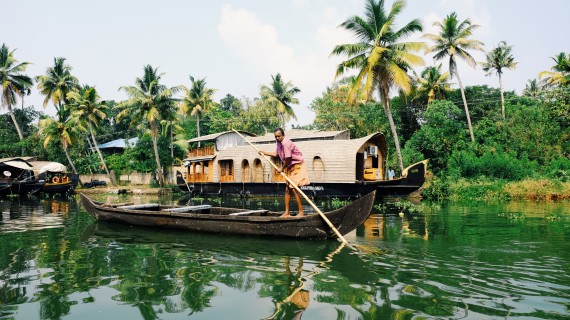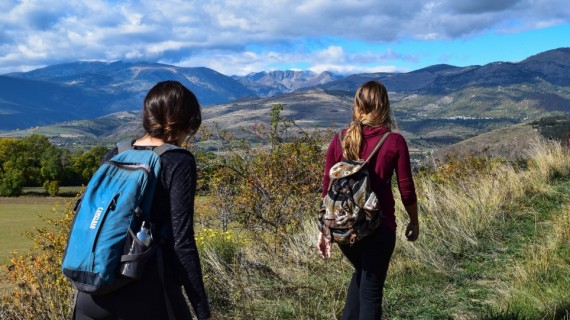Voluntourism is a blend of volunteering and tourism and has become increasingly popular recently. Combining travel with meaningful action, this experience can be an inspiring way to fulfill a sense of purpose, experience local culture from a new perspective, and create lasting memories.
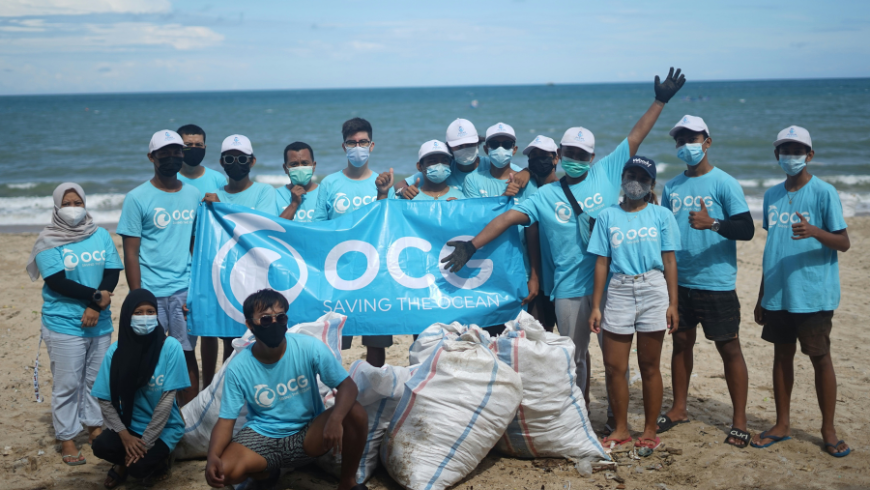
However, for this experience to be truly positive for both the traveler and the community involved, it’s essential to approach it consciously and responsibly. In this article, we’ll share practical tips and best practices to help ensure your voluntourism journey brings genuine impact and mutual growth.
How to Choose a Responsible Voluntourism Project
Global inequality has reached alarming levels: while a small fraction of people control most of the world’s resources, nearly half of humanity lives on less than $5 a day. The need for action is evident. Many people want to help but aren’t sure where to begin or how to choose a reliable project.
Here’s how to start wisely:
1. Choose The Cause
Begin by identifying a cause that resonates with you, whether it’s animal welfare, environmental protection, education, fighting hunger or supporting vulnerable groups. From there, look for projects aligned with your values and interests. Remember that no cause is more or less important than another.
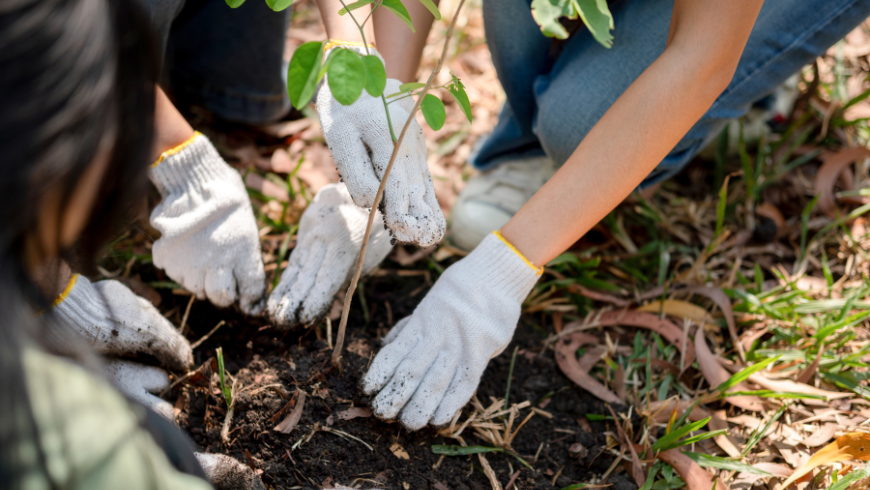
2. Choose The Destination
Since voluntourism blends travel and working, think about which destination most inspires you, whether for its landscapes, culture, or way of life.
You can think that even if your own country faces challenges, it’s perfectly fine to volunteer abroad. Helping elsewhere doesn’t mean you care less about home. Needs exist everywhere.

3. Choose The Project
Once you’ve identified both your cause and destination, research trustworthy organizations that genuinely need support. When evaluating projects, consider:
- The history and credibility of the organization and its founders;
- Whether their mission and values align with yours;
- How the project sustains itself financially and whether it is transparent;
- Reviews and testimonials from past volunteers, and if possible, talk to them and listen to their experiences;
- Whether the project offers training or orientation before arrival;
- If there is a local team providing on-site guidance and support;
- Scheduling a video call before confirming your participation.
Tip: For a safer start, look for specialized agencies that organize responsible voluntourism programs.

Understanding Your Impact
Now that you’ve chosen your cause, destination, and project, it’s time to understand how you can truly make a difference.
Many people believe they lack the skills to be useful — but that’s rarely true. The first step is to ask the project what they actually need. Those who experience the need know best where it hurts.
Avoid imposing your own ideas of what should be done. Instead, listen, learn, and adapt your support to their reality. The reverse also works: reflect on your own strengths and experiences and look for projects that can benefit from your skills.

Remember that not all impact is immediate. Change takes time and often involves many hands and small steps. Sometimes you might even feel that you received more than you gave, and that’s perfectly fine and normal!
Think about continuity: how can your work be sustained once you leave, either by the local team or future volunteers?
And finally, leave the “savior cape” behind. Even if your presence makes a difference, you’re not there to rescue anyone (unless you’re volunteering in an emergency situation). Voluntourism is an exchange, its a shared experience of learning, empathy, and growth.

Be Aware Of Poorly Managed Voluntourism
While voluntourism can bring immense benefits, poorly managed projects can unintentionally cause harm, creating dependency, displacing local jobs, or involving untrained volunteers in sensitive areas like childcare.
That’s why doing proper research and choosing transparent, community-led organizations is so important. Responsible volunteering supports empowerment, not dependency.
Examples Of Responsible Voluntourism Projects
If you’re unsure where to begin, here are some examples of reputable programs that prioritize ethics, sustainability, and local leadership:
- GVI (Global Vision International): Partners with local NGOs worldwide to support marine conservation, women’s empowerment, and education.
- WWOOF (World Wide Opportunities on Organic Farms): Connects volunteers with organic farms in exchange for food and lodging, promoting sustainable agriculture.
- Planeterra Foundation: Works with community tourism enterprises globally, ensuring tourism dollars stay within local economies.
- IVHQ (International Volunteer HQ): one of the largest volunteer travel platforms, with responsible and community-led projects in 50+ countries.
- Plan My Gap Year (PMGY): offers transparent, low-cost programs with ethical screening of all projects.
- A Broader View Volunteers: registered U.S. nonprofit supporting grassroots initiatives around the globe.

Do’s And Do not’s Of Conscious Volunteering
1. Respect the Local Context
Observe local customs, how people dress, greet one another, relate to time, and express their faith or religion. Adapt respectfully without judgment. You won’t lose your identity; you’ll show empathy.
Avoid: Wearing revealing clothes or behaving in ways that clash with local norms.
2. Be Proactive
If you notice additional needs beyond your assigned tasks, offer help where possible.
Avoid: waiting to be asked, comparing efforts, or criticizing others’ work.
3. Act Responsibly
Remember that you’re dealing with people’s lives, emotions, and dignity. Never make promises you can’t keep or raise unrealistic expectations. Be mindful with photos or videos, always ask permission and reflect on your intentions.
Avoid: photographing people in vulnerable situations. Ask yourself: Would I want to be portrayed this way?
4. Communicate Openly
Dialogue solves most problems. If something makes you uncomfortable, speak kindly and clearly with the local team.
Avoid: staying silent about issues that bother you. Respectful communication builds trust.
Travel With Purpose

Responsible voluntourism is about humility, awareness, and collaboration. When done consciously, it creates lasting connections and empowers both travelers and communities.
Travel with purpose: not to change the world overnight, but to be part of a global movement that believes small, thoughtful actions can make a real difference.
So before booking your next trip, take a moment to ask yourself:
How can I travel with purpose? Whether it’s planting mangroves, helping at a local school, or supporting community tourism, every mindful action contributes to a better world.
Have a Safe Travel!
